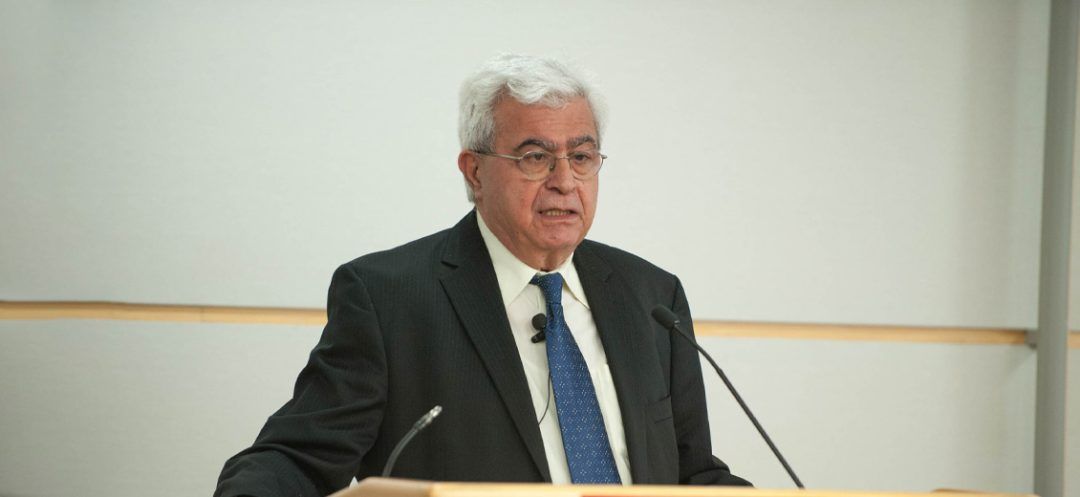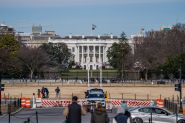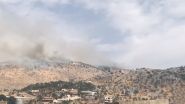
Elias Khoury, the esteemed Lebanese writer, novelist and critic, passed away on Sunday at the age of 76. Born in Beirut on July 12, 1948, Khoury was celebrated internationally for his prolific body of work, which includes nearly ten novels, translated into multiple languages, and a significant corpus of literary criticism.
In addition to his literary achievements, Khoury served as the chief editor of Al-Mulhaq, a weekly supplement to the Lebanese daily Al-Nahar. He was also the author of three plays and two acclaimed films, Kharej Al Hayat and Bab Al Shams.
Early Life and Political Engagement
Khoury was raised in the predominantly Christian Achrafieh neighborhood of Beirut within a middle-class family. His formative experiences profoundly influenced his literary and political views. In 1967, a visit to a Palestinian refugee camp in Jordan led him to join Fatah, the largest Palestinian armed group under the Palestine Liberation Organization (PLO).
After the "Black September" massacre and the subsequent dismantling of Palestinian groups, Khoury left Jordan in 1970 and returned to Lebanon. There, he worked as a researcher at the PLO’s research center in Beirut and became actively involved in the Lebanese Civil War that erupted in 1975. During the conflict, he was seriously injured and temporarily lost his sight.
Editorial and Academic Contributions
From 1975 to 1979, Khoury was the editor-in-chief of Shu'un Filastin (Palestinian Affairs), where he collaborated with the renowned poet Mahmoud Darwish. He later served as editorial director of Al-Karmel from 1981 to 1982 and led the cultural section of Al-Safir newspaper from 1983 to 1990.
Khoury also made substantial contributions as an academic, teaching at several prestigious institutions, including Columbia University, the American University of Beirut, the Lebanese University and New York University.
Political Activism
A founding member of the Democratic Left Movement, Khoury was deeply involved in Lebanese political activism, working alongside notable intellectuals and political figures like Samir Kassir.
Elias Khoury's passing marks the end of an era in Lebanese literature and intellectual life. His legacy endures through his profound impact on both literary and political discourse.
In addition to his literary achievements, Khoury served as the chief editor of Al-Mulhaq, a weekly supplement to the Lebanese daily Al-Nahar. He was also the author of three plays and two acclaimed films, Kharej Al Hayat and Bab Al Shams.
Early Life and Political Engagement
Khoury was raised in the predominantly Christian Achrafieh neighborhood of Beirut within a middle-class family. His formative experiences profoundly influenced his literary and political views. In 1967, a visit to a Palestinian refugee camp in Jordan led him to join Fatah, the largest Palestinian armed group under the Palestine Liberation Organization (PLO).
After the "Black September" massacre and the subsequent dismantling of Palestinian groups, Khoury left Jordan in 1970 and returned to Lebanon. There, he worked as a researcher at the PLO’s research center in Beirut and became actively involved in the Lebanese Civil War that erupted in 1975. During the conflict, he was seriously injured and temporarily lost his sight.
Editorial and Academic Contributions
From 1975 to 1979, Khoury was the editor-in-chief of Shu'un Filastin (Palestinian Affairs), where he collaborated with the renowned poet Mahmoud Darwish. He later served as editorial director of Al-Karmel from 1981 to 1982 and led the cultural section of Al-Safir newspaper from 1983 to 1990.
Khoury also made substantial contributions as an academic, teaching at several prestigious institutions, including Columbia University, the American University of Beirut, the Lebanese University and New York University.
Political Activism
A founding member of the Democratic Left Movement, Khoury was deeply involved in Lebanese political activism, working alongside notable intellectuals and political figures like Samir Kassir.
Elias Khoury's passing marks the end of an era in Lebanese literature and intellectual life. His legacy endures through his profound impact on both literary and political discourse.
Read more



Comments